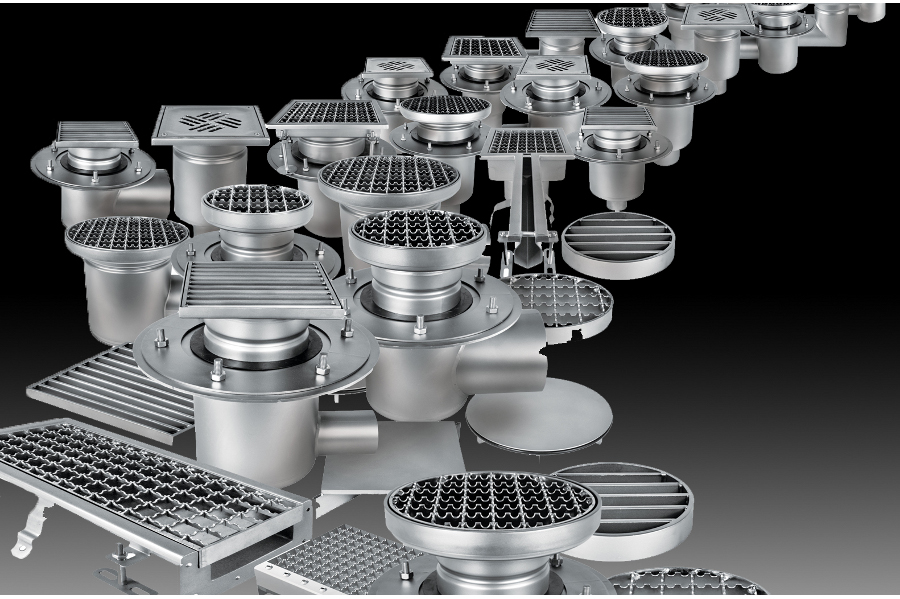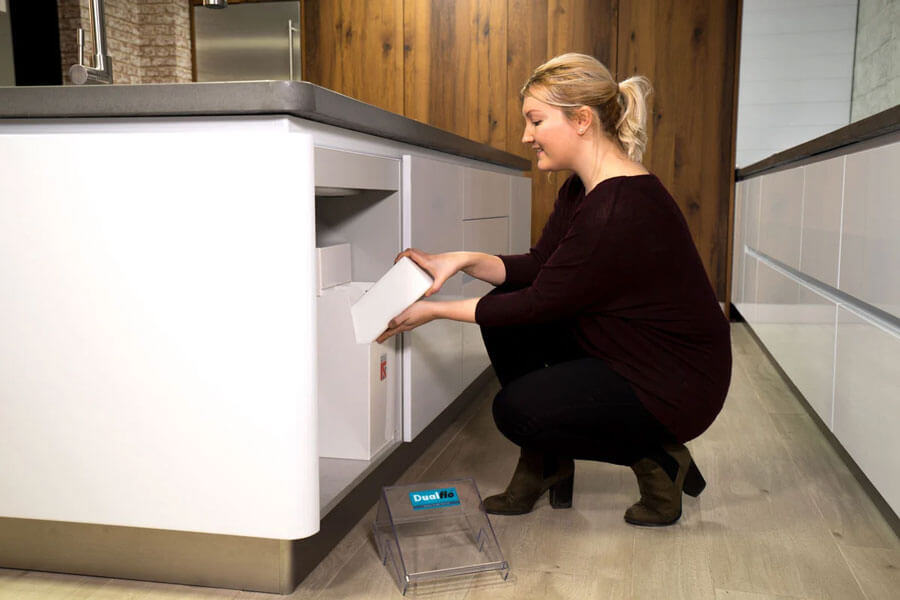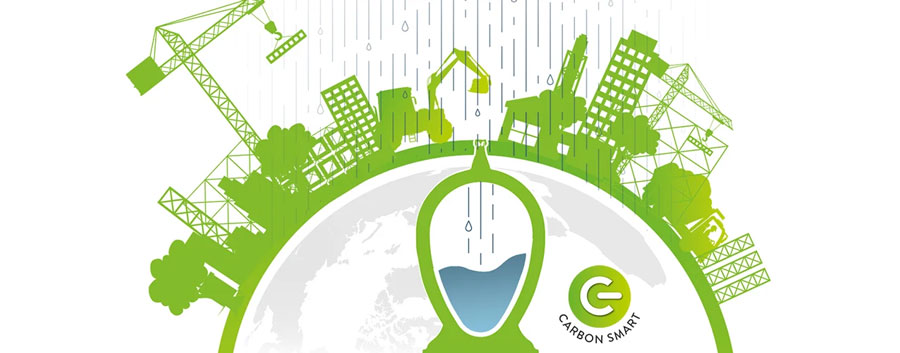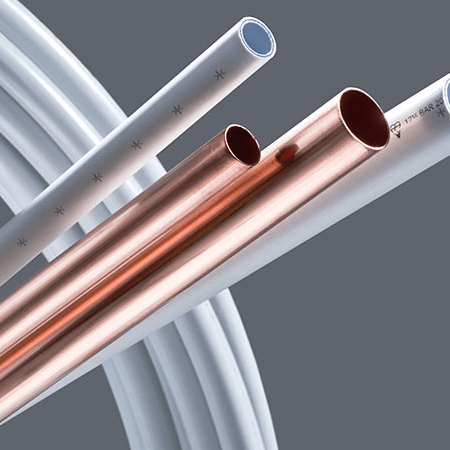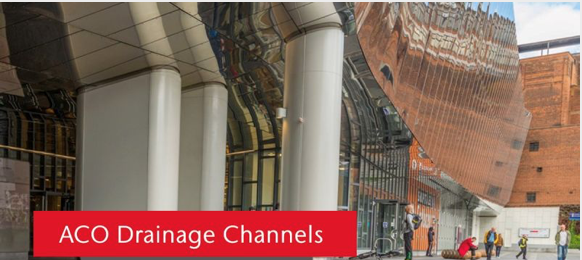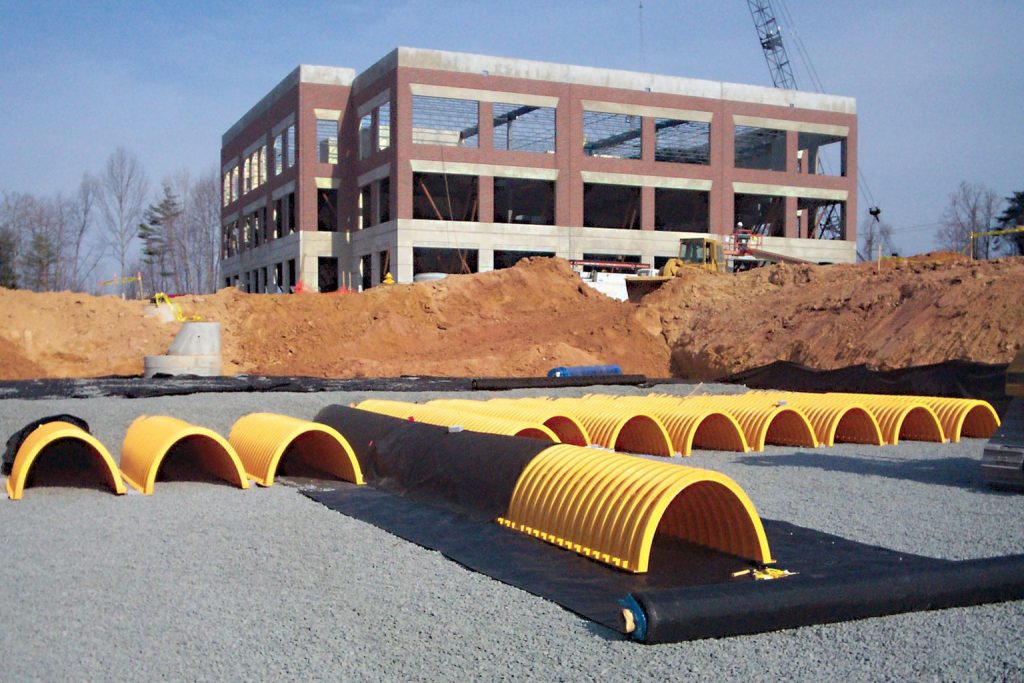Maintaining water resources for future generations
Premier Tech Aqua UK is an eco-conscious organisation committed to protecting and improving the environment through the integration of environmental considerations in all of our business decisions and products.
In this respect, we have a moral obligation to reduce the likelihood of toxic and heavily eutrophicated wastewater in the waters of the UK. In this piece, we explore the causes of increasing levels of ammonia and phosphorus in wastewater, their impact on the environment and specific solutions to decrease toxicity and eutrophication.
The current situation
There is not yet any specific regulation that defines the level of nutrients required to characterise water as ‘contaminated’. The qualitative parameter differs as per the various parameters that define the status of the water body. Generally, accumulated nutrients in water increases toxicity (ammonia) and leads to eutrophication (phosphorus; by-products of ammonia oxidation).
Eutrophication from excess phosphorus and ammonia by-products in the water occurs when the increase of these nutrients reaches a level where the water body cannot ‘purify’ itself. The OECD defines eutrophication as “the nutrients’ enrichment of water causing structural changes to the ecosystem such as increased algae production and aquatic flora, depletion of fish species (due to hypoxia), deterioration of water quality and other effects that render water impossible to use”. 1
The presence of ammonia and phosphorus in wastewater has rapidly increased in the last decade. One cause of this is directly linked to anthropogenic practices. This can be traced back to the uncontrolled use of fertilisers in the agricultural industry, as well as the unregulated discharge of wastewater to water bodies.
Although the first cause is easy to tackle via our separators, the second factor is challenging due to the wastewater composition complexity as well as the insufficient sewage network. In such cases, ‘in situ’ treatment is a pre-requisite (i.e. compact wastewater treatment systems).
Environmental impact
Humans, along with all living creatures, require nitrogen and phosphorus to maintain vital functions. When the appropriate facilities are not present or are inadequate to treat metabolic by-products, environmental problems such as degradation of aquatic systems and poor quality of our water occurs.
Wastewater is often rich in nitrogen, in the form of ammonia, and phosphorus. Although the Environment Agencies in Great Britain regulate against these two, the required treatment levels, especially for small installations, is not adequate to nullify the probability of contamination (Effluent: Ammonia ≤ 20.0 mg/L; Phosphorus: no consent in most cases).
Toxic levels of un-ionised ammonia (NH3-N) are <5.0 mg/L for most fish ponds. Although ammonia mainly occurs as harmless ammonium (NH4-N), an increase in water pH levels results in ionisation and the appearance of toxic NH3-N. This increase of ammonia in water results in a build-up of toxicity in the internal tissues and blood of creatures inhabiting the water, potentially resulting in death.
Similarly, minor phosphorus levels in the presence of light and oxygen leads to eutrophication (<0.1mg/L after dilution with the water body), severely reducing water quality. Hence, effluents with concentrations of at least ≤1mg/L need prior dilution in the waterbody.
In order to prevent the contamination of excess ammonia and phosphorus in British waters, we have developed an innovative range of products (suitable for a variety of applications) that can achieve ammonia ≤5.0 mg/L and phosphorus <1.0 mg/L.
- Solido Smart – a decentralised wastewater treatment plant able to reduce ammonia and phosphorus to very competitive levels (<1 and 3 mg/L for ammonia and phosphorus respectively).
- Solido Smart-P –as above, but with the capacity to reduce phosphorus levels further than 90%
- Tertiary (polishing Ecoflo , combined with ASP) – a treatment filter that can be installed with any wastewater treatment system or septic tank, providing a final treatment stage to improve the effluent quality further prior to discharge safely to the environment.
- Ecoflo as a stand-alone solution – Ecoflo is the most ecological sewage treatment plant on the market for residential and commercial projects where mains drainage is unavailable.
As part of our commitment to eco-conscious practices and processes, it is very important to us to deliver the best possible technology that does not only meet the minimum consent, but that also helps to maintain our water resources to ensure they remain in the best quality possible for future generations.















